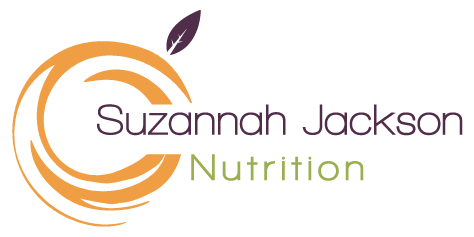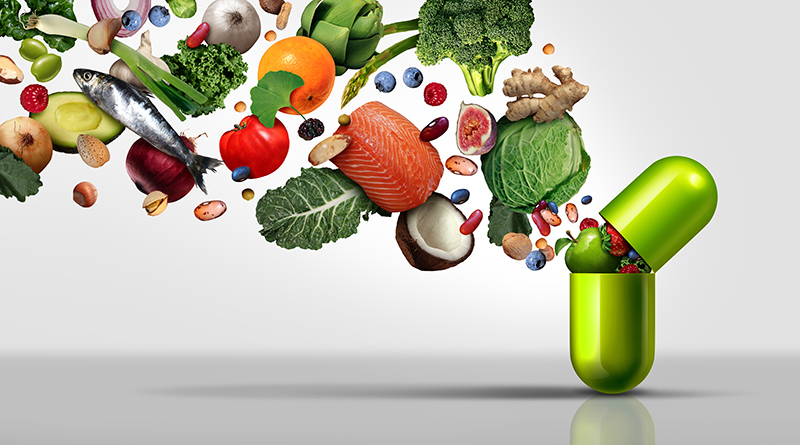Supplements first started to become popular last century, and they were a way of adding things to the diet to prevent popular diseases caused by nutritional deficiencies – like scurvy (lack of vitamin C) and rickets (lack of vitamin D). Now, taking a supplement doesn’t just mean popping a pill but equally, you can get your vitamins, minerals, herbs, essential oils and enzymes as a drink (think vitamin water), powder to make into a shake or even a spray.
It’s big business. £1.5billion is spent each year in the UK alone and a hundred times that globally. Two thirds of us take a supplement, and the market is predicted to grow by nearly 9% this year alone [source for statistics: IBIS World].
Are you one of them?
Who needs supplements?
It’s often said that people who eat a ‘balanced’ diet shouldn’t need to supplement. They should be able to get everything they need from the food they eat.
But is that really the case?
Would your body feel better if you had a few supplements inside you or is it really just expensive urine?
My view is this: so many people I see are eating a sub-standard diet when we meet, not eating their 7 fruit and veggies a day, choosing poor quality sources of protein, and often relying on convenience foods.
If your body is out of balance (there is something not quite working in your health), that one-size-fits-all approach is unlikely to be sufficient. When your body is dealing with certain health conditions, it often means that something is missing or needed in far greater amounts than you’re currently getting.
Take stress as an example. When you are under stress, your body really motors through vitamins B and C, and magnesium so the regular ‘daily amount’ – while it might be sufficient for some, it is not going to meet your personal requirements.
Medications, smoking, alcohol, and caffeine further deplete the body of essential nutrients.
Now let’s think about what you eat. Soil quality today is not what it was, making it harder to get the nutrients from the foods you eat. Today’s soils are often depleted of minerals. A study done in 2003 found that the fruit and veg you eat today contain 20% fewer minerals than in the 1930s.
Also consider the impact of food miles. Long distance transportation of foods depletes the nutrient content and so does processing. As soon as you start adding preservatives to food to prolong their life, you decrease the nutrient quality.
Supplements without fillers and binders
If you’re already taking supplements, you may have noticed that some supplements contain things other than the active ingredients. Let’s say you want a magnesium supplement. You look on the back of the packaging to find that, aside from the expected magnesium, there are a host of other ingredients you were not expecting.
These other ingredients have to be listed by law and they are the ‘fillers (or bulking agents) and binders’.
So, what’s going on?
The amount you need of the active ingredient is often very small. There’s a reason supplements are also known as ‘micronutrients’… The dose you need might be physically so small that it needs something else with it in the capsule to fill the rest of the space inside the capsule. A filler. Common fillers include calcium, lactose, rice flour, salt and sugar.
The binders are those ingredients that bind the active ingredients together when they’re compressed into tablet form. Cellulose is common.
Tablets are usually the cheapest way to make supplements, but they do tend to be heavier on the fillers and binders plus a host of other ‘excipients’ that coat the tablets and make them easier to pass along the manufacturing line without clogging the machines up. Like stearic acid, and magnesium stearate or silicate.
Cheaper high street brands will tend to rely more heavily on these excipients and may also throw in artificial colours and flavours, too, to help their product along.
what you need and recommend high quality, professional grade brands.
Are supplements dangerous?
There are risks to taking supplements:
St John’s Wort can alter the effectiveness of antidepressants, and make birth control pills less effective.
Similarly, 5HTP acts in the same ways as antidepressants, meaning you would double dose.
Omega 3 and gingko can have a blood thinning effect so is best not taken with blood thinners like warfarin as it can increase the effect.
Vitamin K can do the reverse
Vitamin A can increase the risk of lung cancer in smokers
My advice is always seek advice before purchasing new supplements, but as a general guideline, most people could benefit from a good multi vitamin, vitamin D and vitamin C.
I advise many of my clients to purchase supplements to support their mitochondria and boost their energy, but these are not for everyone.
That’s why it really does pay to speak to an expert before you start buying up the health food store.

